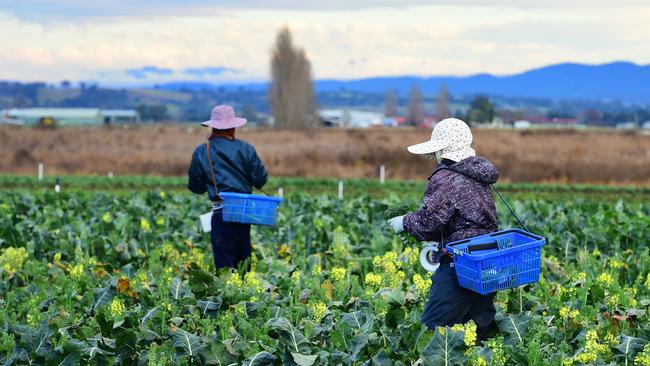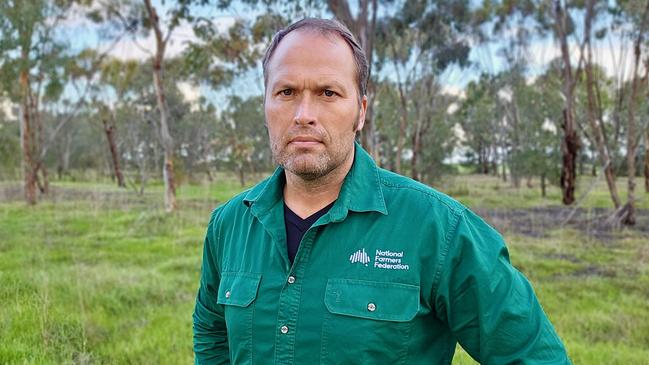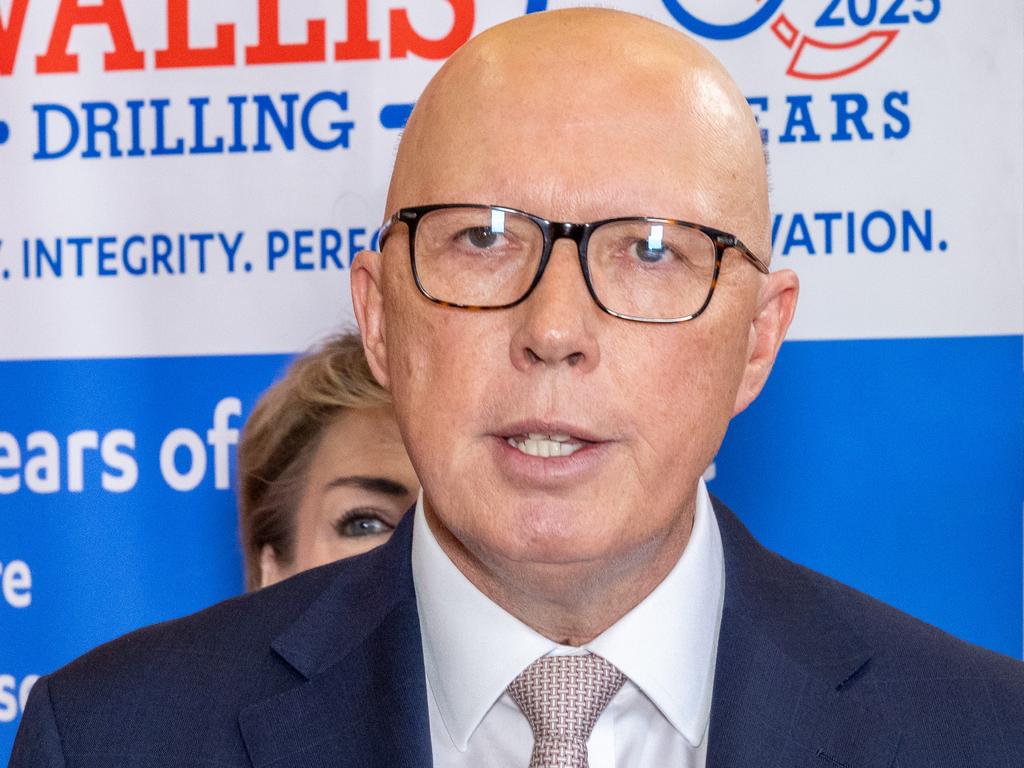Election 2025: Home Affairs workplace grants just a ‘union membership drive’
Anthony Albanese will likely funnel millions of dollars into unions under a new Department of Home Affairs grants program dubbed ‘protecting migrant workers’.

Anthony Albanese will likely funnel millions of dollars into unions and union-affiliated consortia which have right of entry to workplaces under a new Department of Home Affairs grants program dubbed “protecting migrant workers”.
Against the backdrop of the final week of the federal election campaign, the department closed applications on Monday to a $13.25m grant program to fund an awareness campaign for migrants on their workplace rights.
Guidelines for the program outlined that applicants must be either a union, a registered not-for-profit organisation or an accredited community legal centre. Organisations can also enter a joint application as a consortia.
The initiative seeks to combat worker exploitation among temporary visa holders by providing “information and education to temporary migrant workers and their employers about migration-related rights and obligations in the workplace”.
The grant scheme has sparked accusations from the peak farmers body that Labor is seeking to funnel money into the unions, with National Farmers Federation president David Jochinke describing the program as a “membership drive”. “This isn’t about educating migrant workers and their employers, it’s a $13.25m taxpayer-funded membership drive for unions,” Mr Jochinke said.
“The government’s quietly bankrolling the unions under the guise of ‘education’.
“Making sure workers and employers understand their rights and obligations is important, but funnelling money to the unions isn’t the right way to do it.”

The aim of the program is to increase migrant workers’ understanding of their workplace rights and “increase the confidence of temporary visa holders in asserting their workplace rights, and understanding of how to report workplace exploitation”. The eligibility guidelines say the educational material must be accessible for culturally and linguistically diverse groups. The grant is also targeted at supporting employers to understand their obligations, by informing them that is an offence to exploit a person’s migration status and the conditions attached to some visas.
When applications opened in March, Home Affairs assistant secretary Zoe Moses said education played an important role in “achieving compliance, addressing exploitation and upholding the integrity of Australia’s migration system”.
“These reforms include new criminal offences, higher penalties for exploiting migrant workers, and a power to prohibit employers who have engaged in serious, deliberate or repeated migrant worker exploitation from employing any additional migrant workers for a period of time,” she said.
The guidelines said worker exploitation if left unaddressed could put “downward pressure on wages and conditions of all workers and damage the reputation of Australia as a welcoming and fair place to work”.
“Vulnerability to exploitation may be compounded when workers have limited knowledge of their workplace rights, are young, inexperienced, may have low English language proficiency, or are adjusting to different cultural norms,” the guidelines said.
“By providing information and education to temporary migrant workers and their employers about migration-related rights and obligations in the workplace, the grants will improve awareness of both pre-existing measures and recent reforms to address the exploitation of temporary migrant workers.”
The call for applications follows recommendations in Labor’s migration strategy, which sought to “ensure a fair go in the workplace by complementing the jobs, wages and conditions of all workers and preventing migrant worker exploitation”.
The migration review, handed down in 2023, highlighted that the settings at the time “heightened the risk of exploitation”, prompting Labor to introduce a suite of reforms, including increasing the minimum salary for skilled migrant workers, known as the Temporary Skilled Migration Income Threshold, to $73,150.





To join the conversation, please log in. Don't have an account? Register
Join the conversation, you are commenting as Logout